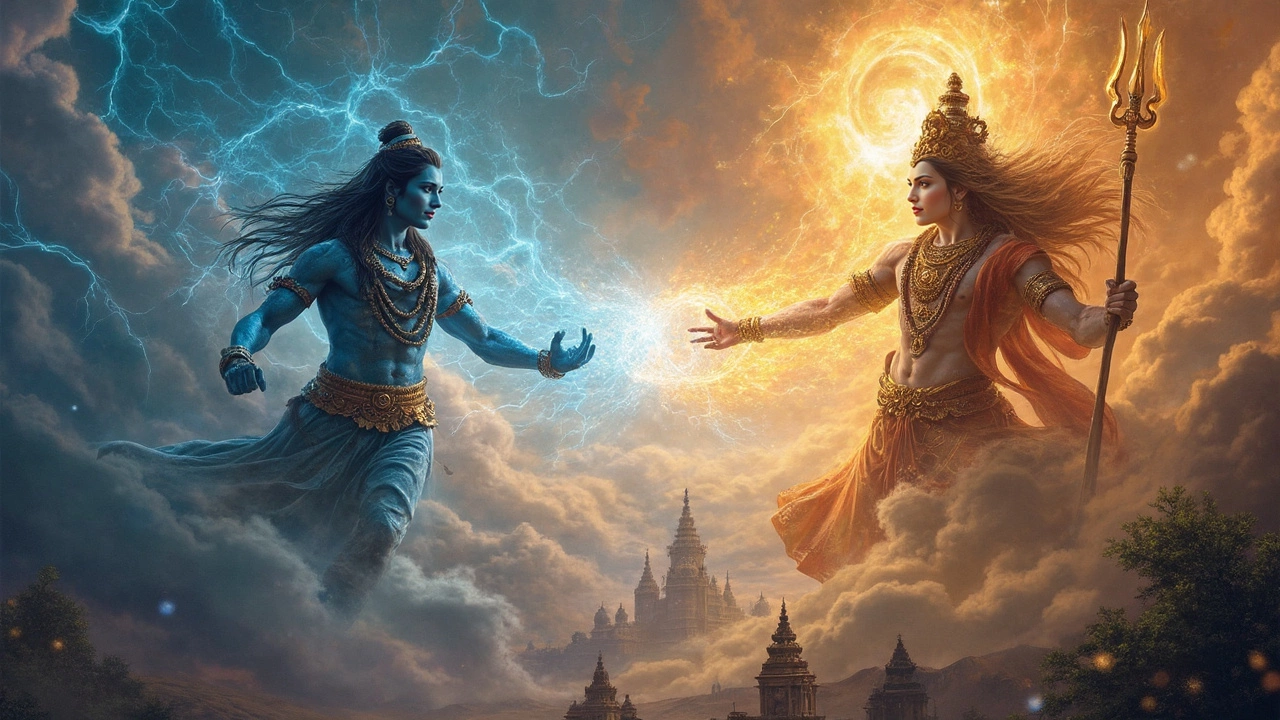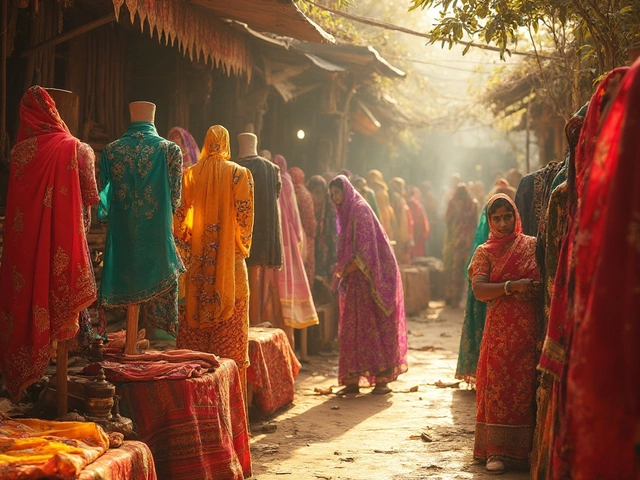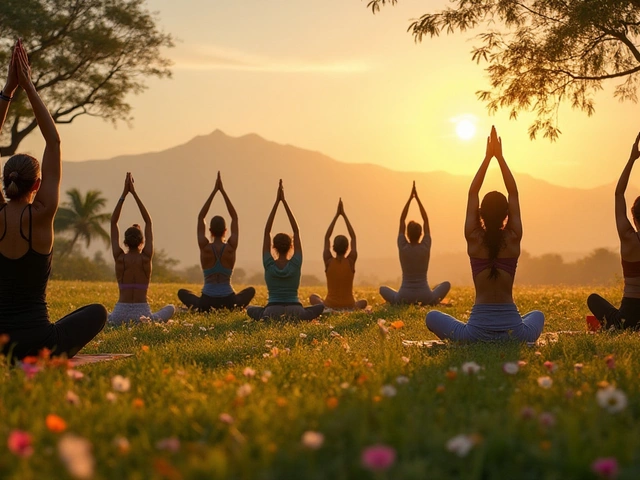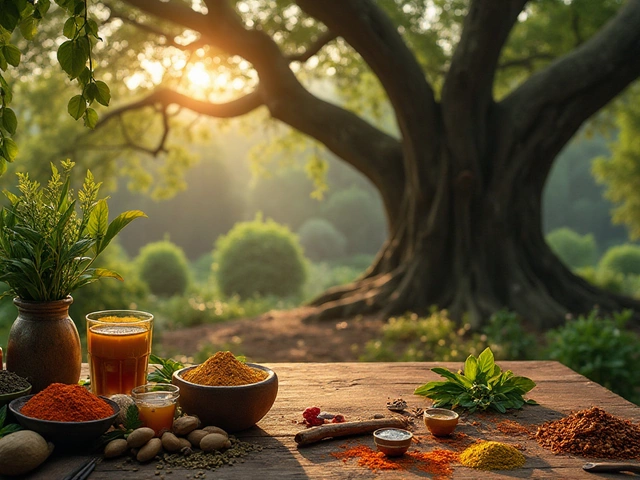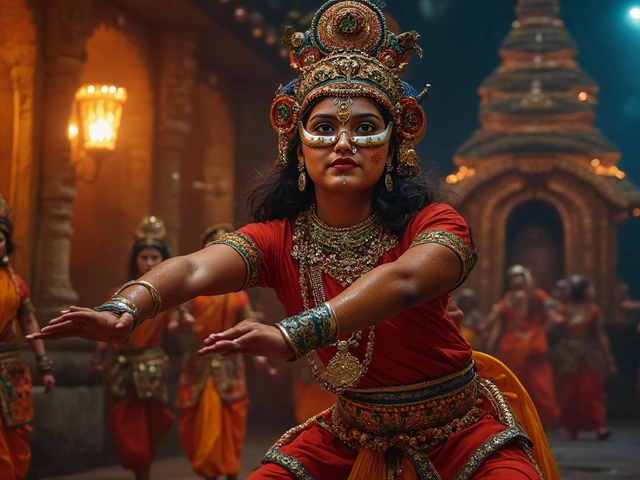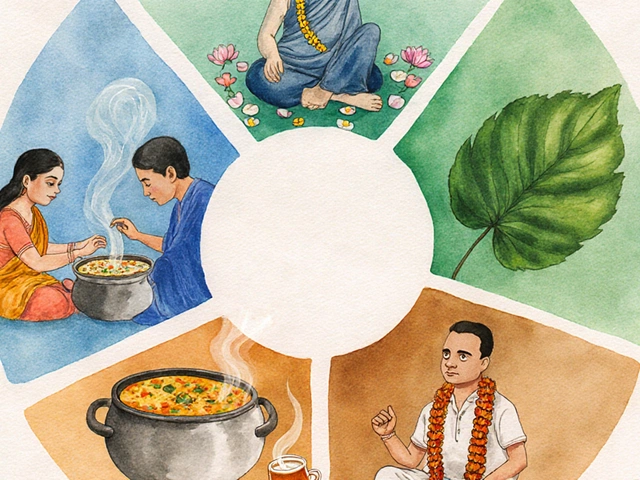Hindu Gods Power Ranking: Who's Strongest and Why
When people talk about Hindu gods, the divine beings worshipped across India with distinct roles in creation, preservation, and destruction. Also known as Devas, these deities aren’t just figures in myths—they’re living forces in daily rituals, festivals, and personal faith. There’s no official leaderboard, but if you ask a million Hindus who the most powerful god is, you’ll get a million answers. That’s because power in Hinduism isn’t just about strength—it’s about function, balance, and devotion.
The Trimurti, the three main gods who manage the universe’s cycle: creation, preservation, and destruction. Also known as Brahma-Vishnu-Shiva, they form the core of Hindu cosmology. Brahma creates, Vishnu preserves, and Shiva destroys. But here’s the twist: Brahma isn’t worshipped much today. Why? Because creation is a one-time event in many beliefs—preservation and destruction are ongoing. That’s why Vishnu and Shiva dominate temples, prayers, and power rankings. Vishnu, in his ten avatars like Rama and Krishna, steps into the world to fix chaos. Shiva, the ascetic yogi and dancer, holds the power to end cycles—making him both feared and revered. Then there’s Devi, the Divine Mother in her many forms like Durga, Kali, and Lakshmi. Also known as Shakti, she represents energy itself—the force that empowers even the male gods. Without Devi, Shiva can’t move. Without her, Vishnu can’t act. She’s not a side character—she’s the engine.
Power isn’t just about who can destroy the most. It’s about who holds the most influence over human life. Lakshmi brings wealth. Saraswati gives wisdom. Ganesha removes obstacles. Even gods like Hanuman, though not part of the Trimurti, are called upon daily for courage and loyalty. In villages, people pray to local deities tied to rivers, trees, or ancestors—gods who may not appear in ancient texts but are just as real in practice. The real power ranking? It changes depending on where you are, what you need, and who you are. A farmer in Punjab might swear by Devi. A scholar in Varanasi might bow to Shiva. A business owner in Mumbai might light a diya for Lakshmi first.
And then there’s Brahman—the formless, endless reality behind all gods. It’s not a god you pray to. It’s the truth you realize. The Upanishads say, "All gods are just names and forms of Brahman." So when you ask who’s the strongest, you’re really asking: Is power in control? In surrender? In love? In silence? The answer isn’t in a list. It’s in your life.
Below, you’ll find articles that explore these gods not as abstract concepts, but as living forces—how they’re worshipped, how they shape art, why some are feared, and why others are loved. Whether you’re curious about Shiva’s third eye, why Kali is both terrifying and protective, or how devotion changes a god’s perceived power, you’ll find real stories, not just myths.
